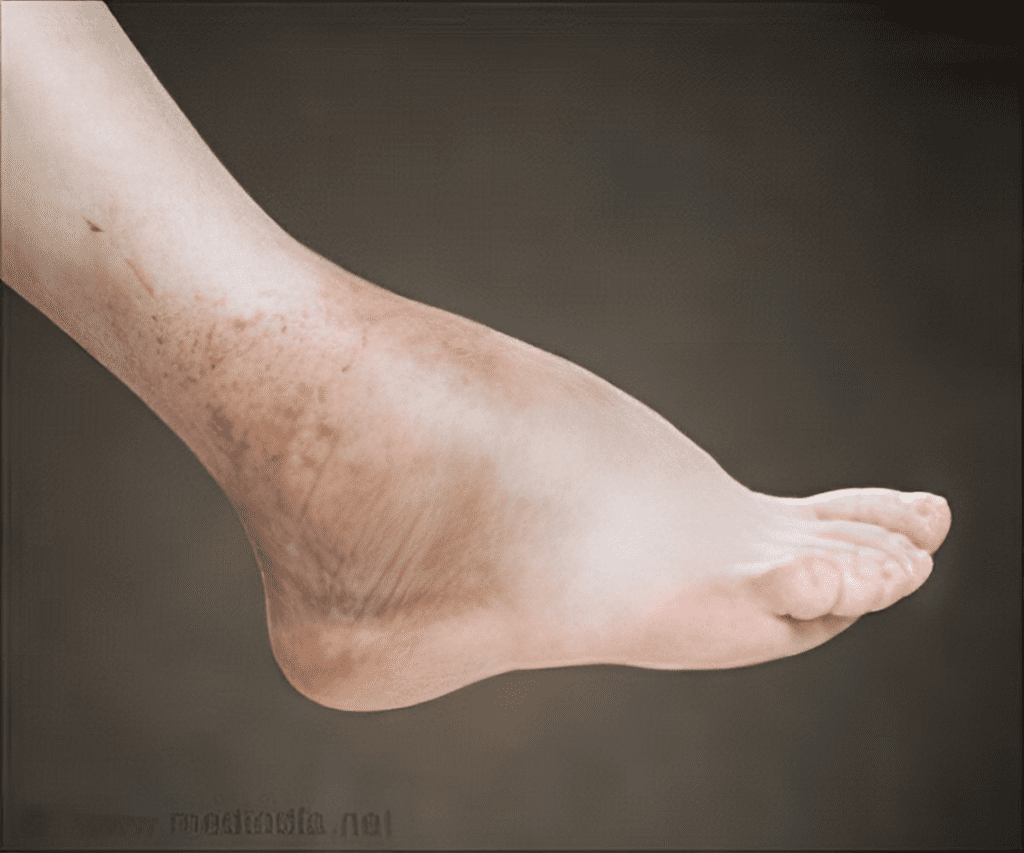Heart failure is a serious condition affecting hundreds of thousands of people, and the numbers keep rising. In the UK alone, approximately 920,000 individuals are currently living with heart failure, with nearly 200,000 new cases emerging each year. Yet, despite its severity, many of its symptoms are subtle and easy to overlook—especially one that might surface while you’re in bed. This article sheds light on this commonly missed symptom and other critical signs of heart failure, along with essential preventive steps.

Understanding Heart Failure: What It Is and Why It Happens
Heart failure occurs when the heart is unable to pump blood effectively throughout the body. It doesn’t necessarily mean the heart has stopped; instead, it’s struggling to keep up with the body’s demands. Most often, heart failure develops because the heart has become too weak or stiff to function optimally. The condition typically worsens over time, leading to significant limitations in daily life and, if left untreated, can eventually be fatal.
While there’s no cure for heart failure, recognizing early symptoms is crucial. With the right treatment, people can manage their symptoms for years, significantly improving their quality of life. Early detection also helps prevent dangerous complications like blood clots, irregular heartbeats (arrhythmias), organ damage, and even cardiac arrest.
The Bedtime Symptom of Heart Failure You Shouldn’t Ignore
One of the most easily overlooked signs of heart failure can occur while you’re lying down in bed. Dr. Rosie Godeseth, a cardiologist and Associate Medical Director at Vitality Health, highlights a lesser-known symptom: struggling to breathe comfortably when lying flat. This occurs due to fluid buildup in the lungs, which makes it hard for people to breathe properly in a reclined position.
If you find that you need to prop yourself up with pillows to sleep or that you wake up feeling short of breath, it might be a red flag. According to Dr. Godeseth, this symptom—known as “orthopnea”—often goes unnoticed. However, it can be an early indicator that your heart is struggling and warrants a prompt visit to the doctor.
Other Telltale Signs and Symptoms of Heart Failure
Heart failure manifests in various ways, and understanding these signs can help you detect the condition before it progresses. Here are some additional symptoms to watch out for:
1. Swelling in the Ankles, Legs, and Abdomen

When the heart struggles to pump blood efficiently, it can cause fluid to accumulate in the body—a condition known as edema. This often leads to noticeable swelling in the ankles, legs, and sometimes the thighs, groin, or abdomen.
Dr. Godeseth advises that you should consult a doctor if swelling persists, especially if accompanied by symptoms like shortness of breath or dizziness. These signs indicate that the heart may not be keeping up with the body’s circulation needs, leading to fluid buildup.
2. Persistent Cough and Chest Discomfort
A persistent cough, wheezing, or a bubbling sensation in the chest can also be signs of heart failure. Dubbed a “cardiac cough,” this symptom occurs when fluid accumulates in the lungs due to poor heart function.
If you’ve had a lingering cough for more than three weeks, particularly if the mucus appears pink or blood-tinged, it’s crucial to seek medical advice. While a cough can often be harmless, this kind—especially with these unusual traits—might point to underlying heart issues.
3. Rapid, Unexplained Weight Gain

Another commonly overlooked sign of heart failure is sudden weight gain. When the heart is weak, the kidneys receive less blood, which affects their ability to regulate fluid and sodium levels. As a result, the body starts retaining fluid, which can lead to rapid weight gain.
This extra fluid accumulates in the body’s tissues, particularly in the lower limbs, abdomen, and sometimes the lungs. If you notice sudden weight gain along with other symptoms, it’s worth discussing with your doctor.
The Importance of Lifestyle Changes in Reducing Heart Failure Risk
Heart failure is often associated with older adults, but lifestyle choices made earlier in life have a substantial impact on your heart health down the line. Dr. Godeseth emphasizes that preventive actions—especially adopting heart-healthy habits—can significantly reduce your risk of heart failure. Here’s how:
1. Maintain a Balanced, Heart-Healthy Diet
A heart-friendly diet rich in vegetables, fruits, whole grains, lean proteins, and healthy fats can help lower your risk of heart disease. Avoiding foods high in sodium, sugar, and saturated fats also helps prevent high blood pressure, a major risk factor for heart failure.
2. Stay Physically Active
Regular physical activity strengthens the heart, making it more efficient at pumping blood. Even moderate exercise, such as brisk walking or swimming, can improve circulation, reduce blood pressure, and lower cholesterol—three critical elements for a healthy heart.
3. Quit Smoking and Limit Alcohol Intake
Smoking and excessive alcohol consumption both strain the cardiovascular system. Smoking damages the blood vessels and increases the risk of blood clots, while too much alcohol can weaken the heart muscle. Quitting these habits can dramatically improve your heart health and lower your risk of heart failure.
4. Monitor and Manage Blood Pressure and Cholesterol
High blood pressure and cholesterol are two leading contributors to heart failure. Regular check-ups to monitor these levels are crucial, as early intervention can prevent long-term heart damage.
When to See a Doctor
Heart failure symptoms can develop suddenly or progress over weeks and months. Regardless of the timeline, early diagnosis and intervention are essential. If you notice any combination of the symptoms above—especially if you’re experiencing shortness of breath in bed or need to prop yourself up with pillows—it’s time to seek medical advice. Doctors may perform tests such as echocardiograms or sleep studies to assess heart function and determine the next steps.
Conclusion: Being Proactive About Heart Health
Heart failure is a serious, life-limiting condition, but awareness and timely intervention can make a world of difference. Recognizing subtle symptoms, such as difficulty breathing while lying down, can lead to an earlier diagnosis and better management of the condition. Alongside symptom awareness, proactive lifestyle choices—like eating a balanced diet, exercising, and avoiding smoking—play a critical role in reducing your risk.
Ultimately, don’t wait until symptoms worsen to take action. Consult a healthcare provider if you experience any signs of heart failure, as early intervention can help manage symptoms and improve quality of life. Your heart works hard for you every day; a little attention now can ensure it keeps doing so for years to come.


